For better or worse, not every mental health struggle looks dramatic or obvious to other people.
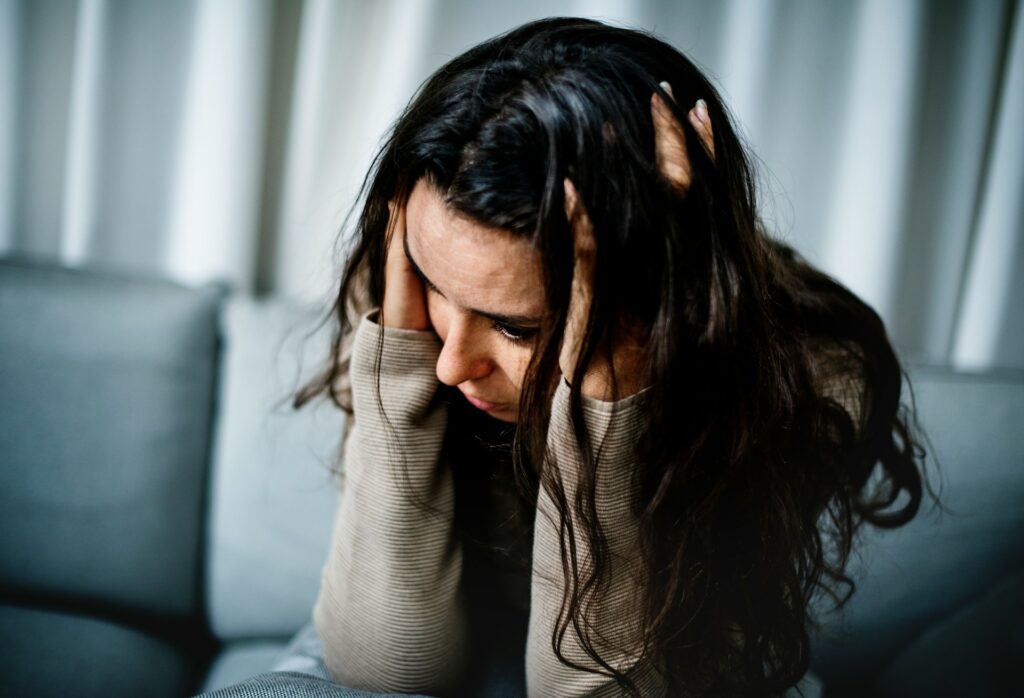
Some of the clearest signs are actually the ones people try hardest to hide—because they feel awkward, weak, or even ashamed of what they’re going through. However, these small, quiet patterns often say more than we realise. Here are 15 signs of poor mental health that many people feel embarrassed by, even though they’re far more common than they think.
You can’t keep up with basic hygiene.

Skipping showers, putting off brushing your teeth, or letting laundry pile up can all be signs that your energy or motivation is running low. It’s not laziness—it’s usually about struggling to care for yourself when your mind is already overloaded. A lot of people feel ashamed when this happens, so they avoid talking about it. But the truth is, these small acts of self-neglect often show up quietly when mental health is sliding, and they deserve understanding, not judgement.
You forget things constantly.

When your mental health is low, your brain can feel like it’s full of fog. You might forget appointments, lose track of conversations, or completely blank on simple tasks you’ve done a hundred times. It can feel frustrating and embarrassing. Forgetfulness like this tends to come from stress, depression, anxiety, or trauma—not carelessness. It’s your brain trying to manage too much at once and dropping non-urgent things in the process.
You avoid opening messages.

Sometimes even reading a text feels like too much. You see the notification and think, “I’ll get to that later,” but days go by and now it’s awkward. This is a common sign of overwhelm, especially when you feel drained just thinking about conversations. People often feel guilty or flaky for not replying, but it’s not always about avoiding the person—it’s about not having the emotional energy to engage. Social avoidance is often one of the first little clues that something’s off.
You isolate without meaning to.
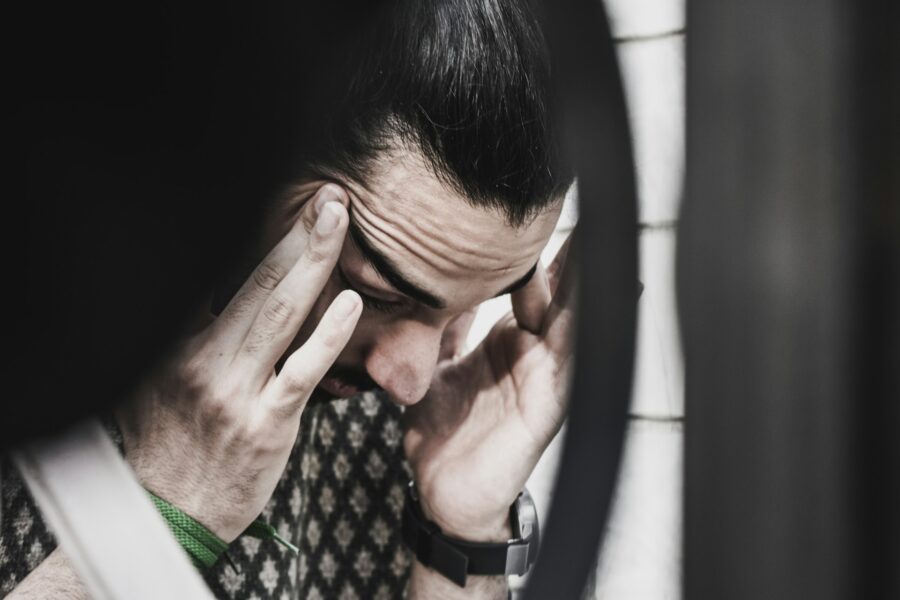
When you start turning down plans, cancelling last minute, or withdrawing from group chats, it’s usually not because you don’t care. It’s because your nervous system is maxed out, and being around people, even ones you love, feels too much. This can be hard to admit because it looks like you’re pulling away on purpose. But social retreat often comes from emotional burnout or depression, not disinterest. The silence is usually a cry for space, not rejection.
You feel irritated all the time.
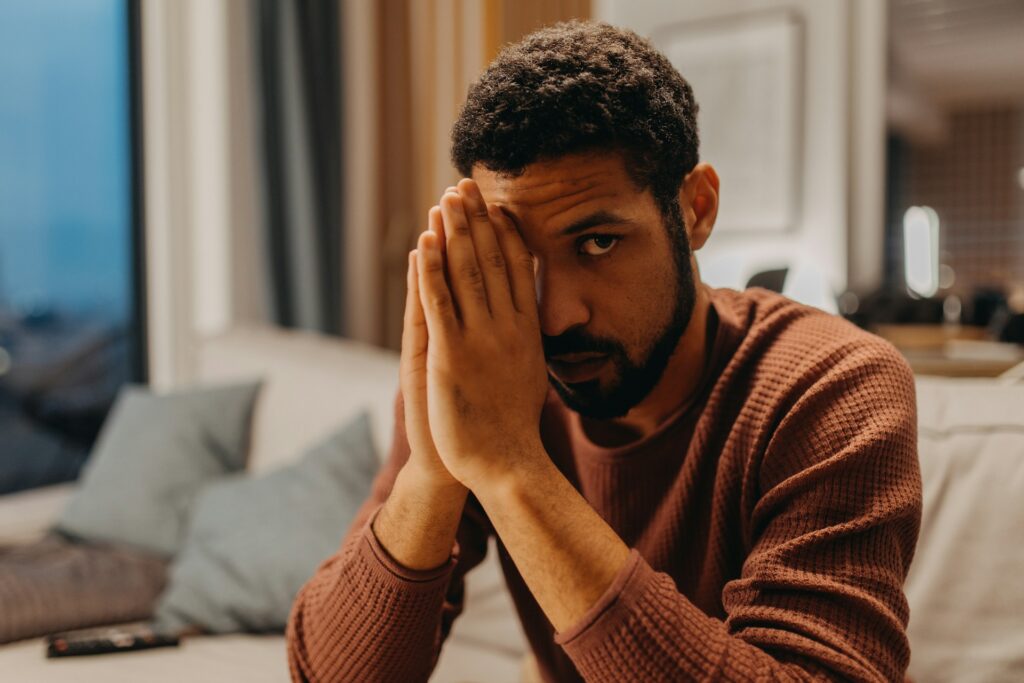
Snapping at people, getting annoyed by tiny things, or losing your patience quickly can all be signs of deeper emotional exhaustion. When your mind’s under pressure, it takes far less to push you over the edge. It’s easy to feel ashamed for being “moody” or “difficult,” but this kind of irritability often comes from a lack of mental bandwidth. Your nervous system is trying to protect itself by reacting faster—and harsher—than usual.
You sleep way too much, or hardly at all.

Oversleeping often gets dismissed as laziness, and insomnia as stress. But both can be signs that your mental health is off balance. When you’re emotionally drained, sleep patterns are one of the first things to go. You might be sleeping through alarms, taking multiple naps, or lying awake all night with your brain in overdrive. Either extreme can reflect underlying anxiety, depression, or burnout, none of which are easy to explain to other people.
You dread small tasks.

Things like emptying the bin, booking a dentist appointment, or answering emails can start to feel like mountains when you’re not okay. It’s not because you’re lazy—it’s because your system is already struggling under the weight of emotional strain. People often hide how hard these things feel because they seem so basic. However, executive function issues, common with anxiety and depression, can make the smallest chore feel impossible.
You pretend you’re fine when you’re not.

This one’s tough because people often learn to perform being okay—smiling, working, chatting—while quietly feeling hollow or overwhelmed inside. It’s a survival mechanism, especially if you’ve been taught that showing emotion is a weakness. The more you mask what you’re feeling, the more exhausting it gets. And the less people notice you’re struggling, which makes it even harder to speak up later. A lot of emotional pain gets hidden behind “I’m good, just tired.”
Your appetite changes in weird ways.

You might lose your appetite completely or find yourself eating constantly, even when you’re not hungry. Emotional distress can throw your hunger signals out of sync, making food feel like either a chore or a coping tool. This can be an awkward topic because people often judge themselves harshly for their eating habits. However, changes in appetite are a common signal that your body and mind are out of balance, and they’re worth paying attention to.
You feel numb more than sad.

People expect poor mental health to look like constant crying or panic, but for many, it’s just… nothing. Feeling numb, detached, or emotionally flat is incredibly common, especially after long periods of stress or grief. Emotional shutdown can be confusing and scary, and people often feel ashamed of it. However, it’s usually your brain’s way of going into energy-saving mode. It doesn’t mean you don’t care—it means you’re overwhelmed.
You struggle to make simple decisions.

Whether it’s what to eat, which shirt to wear, or what time to leave the house, decision fatigue can creep in fast when you’re mentally unwell. Everything feels like it has too many options, too many consequences, or just… too much weight. That indecision isn’t a personality flaw. It’s a sign your brain is tired and trying to protect you from more strain. It doesn’t mean you’re incapable—it means your system’s asking for a break.
You lash out at the wrong people.
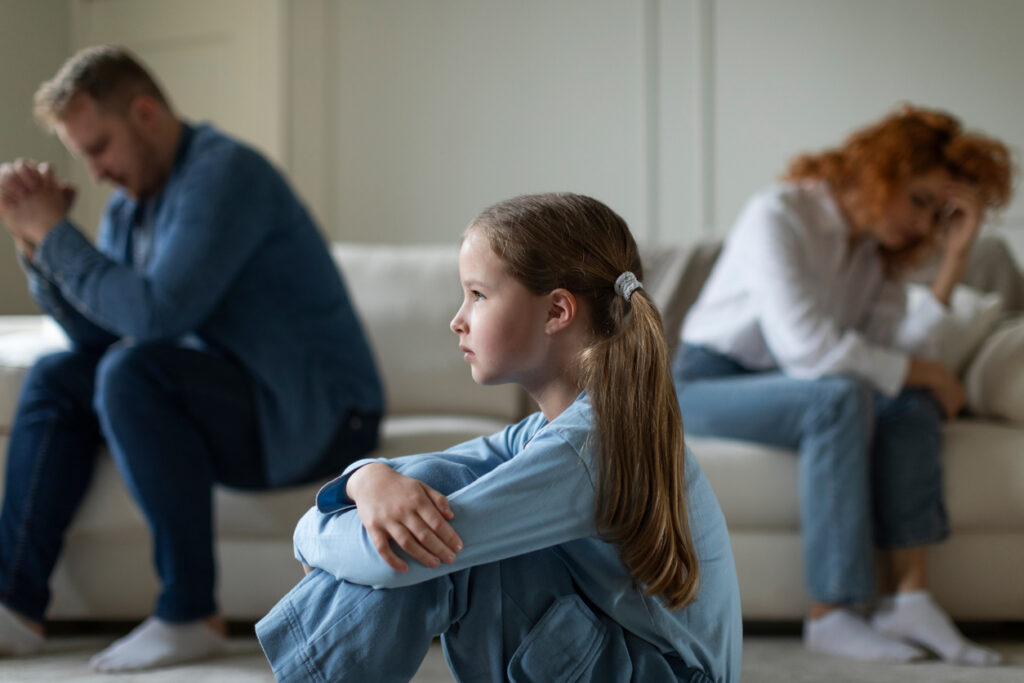
When you’re carrying emotional tension but not processing it, it can leak out sideways—like getting short with your partner, being cold to friends, or snapping at strangers. Afterwards, you feel guilty and confused about why you did it. Misplaced frustration like this is often tied to unspoken emotional buildup. You’re not trying to hurt anyone—you’re just overloaded and don’t know where to put it all. The key is recognising it’s a signal, not a personality flaw.
You feel physically run down.

Aches, headaches, stomach issues, and chronic fatigue can all be symptoms of poor mental health. When your mind’s struggling, your body often takes on the burden without you even realising it’s connected. People often chase physical fixes for what’s actually emotional exhaustion. The connection between mental and physical health is stronger than most of us are taught to believe, and it deserves more attention.
You start losing interest in things you used to enjoy.
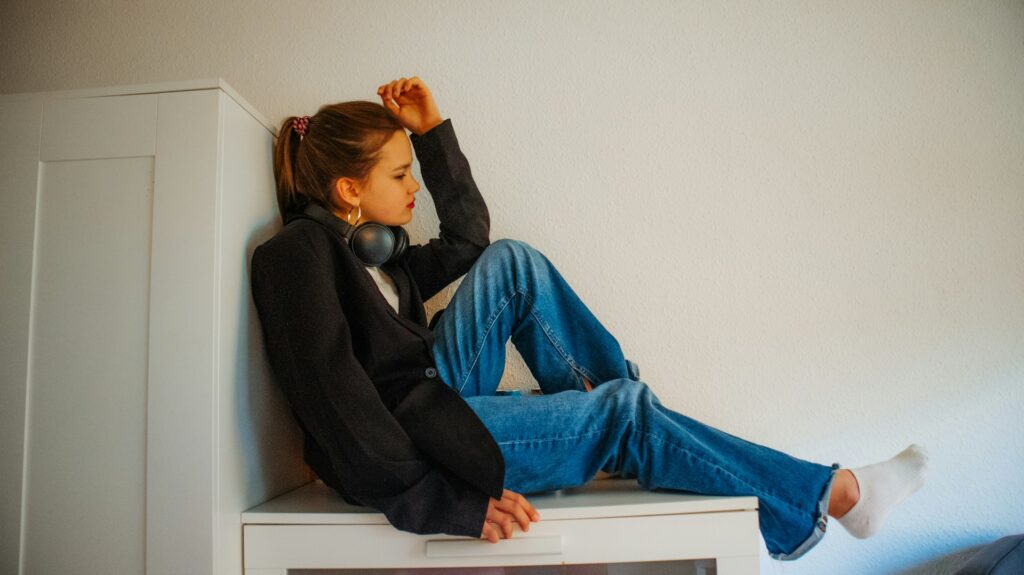
When hobbies feel boring, work feels pointless, or relationships feel flat, it’s often a sign of underlying depression. The world starts to feel like it’s running in greyscale, even when everything on paper looks “fine.” This feeling—called anhedonia—is incredibly common and yet hard to admit. People worry it makes them ungrateful or broken. But it’s simply a sign that something in your emotional world needs tending to.
You get angry at yourself for struggling.
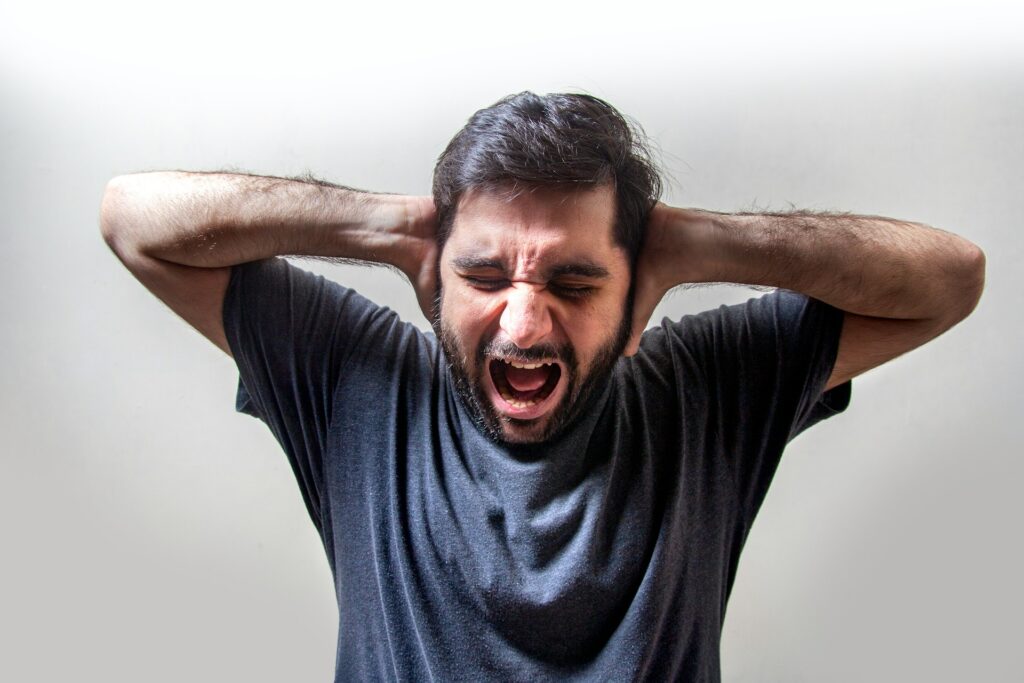
One of the most painful signs of poor mental health is the way we turn on ourselves. You might feel angry that you’re tired all the time, disappointed that you’re not coping better, or ashamed that you can’t “just get over it.” That internal criticism only makes things harder. You’re not weak for struggling—you’re human. And recognising these hidden signs is often the first step toward treating yourself with the same care you’d give to anyone else.


